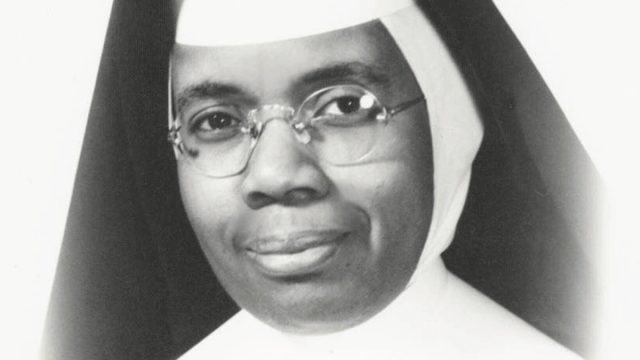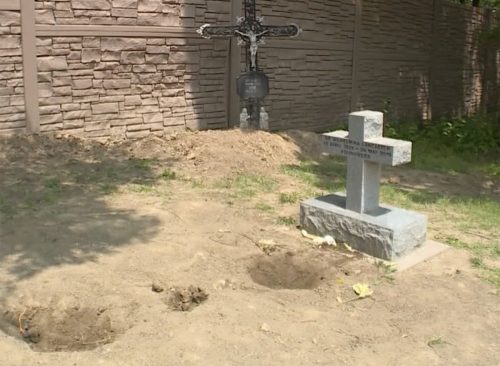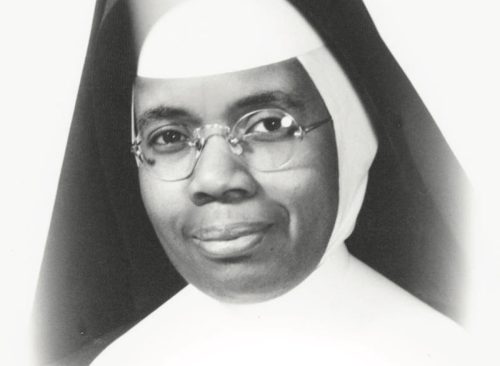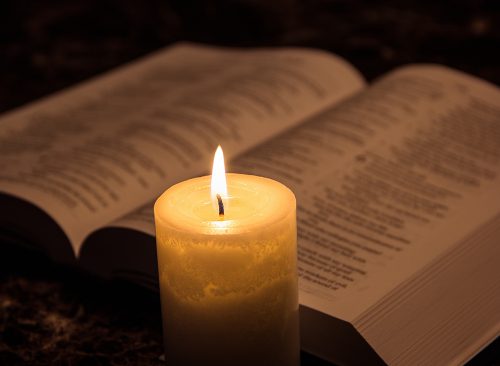Nun’s Body Shows No Sign of Decay 4 Years After Death, Catholics Say it Could Be a Miracle
Some say it is a miracle, while others maintain it has more to do with science.

Sister Wilhelmina Lancaster died at the age of 95 on May 29, 2019. Her body was buried in a wooden coffin without any embalming in very moist clay in Gower, Missouri, a small town 45 minutes north of Kansas City. Due to the construction of a new shrine, her body was exhumed last week.
However, when her coffin was opened up the nuns were shocked by what they found: Instead of bones, Sister Wilhelmina was barely decomposed, and Catholics from around the world are declaring it a miracle and coming to see it from all over the country and world.

In a Facebook live video, Clinton County Sheriff Larry Fish predicted that around 10,000 to 15,000 visitors were expected to come into town from all over the country, Canada and Mexico, and would be there for months.

“With that sure amount of people coming onto rural, gravel roads that are not designed for that kind of traffic, let alone even our lettered highways in the state of Missouri that are not designed for that kind of traffic either, we are going to put a very large pressure on our infrastructure that is not designed for it,” Sheriff Fish said, according to CBS News.

The nuns maintain that the massive attention is not disrupting, claiming that they remain “unaffected and able to continue on in our life of ora at labora, prayer and work, as Sister Wilhelmina would have it,” they wrote in a statement. “Unless we looked out the front windows, or out at the crowds attending our Mass and Divine Offices, we would not even know people are here.”

They also maintain that had zero intention of publicizing the news. “The intent was devotional, and to carry this out in the privacy of our cloistered life,” they wrote. “Nevertheless, the discovery of what appeared to be an intact body and a perfectly preserved religious habit created an unexpected twist to our plans.”

The Diocese of Kansas City-St. Joseph made a formal statement, confirming that the situation is being investigated as a possible case of incorruptibility: The Catholic tradition of divine intervention that stops or slows decomposition as a sign of holiness. “The Church has an established process for determining if someone is a saint and worthy of veneration. No such process has yet been initiated on behalf of Sister Wilhelmina,” they wrote.
“It is understandable that many would be driven by faith and devotion to see the mortal remains of Sister Wilhelmina given the remarkable condition of her body, but visitors should not touch or venerate her body, or treat them as relics.”

Because Lancaster hasn’t been dead for five years, the nuns also point out that she hasn’t reached minimum requirement for sainthood, “While we can attest to Sister’s personal sanctity, we know that incorruptibility is not among the official signs taken by the Church as a miracle for sainthood, and that all things must be subjected to further scrutiny, especially by the competent authorities in the medical field,” they wrote.
“The life itself and favors received must be established as proof of holiness.”

However, an anthropologist at Western Carolina University in North Carolina, wrote to CBS in an email that the lack of decomposition may have more to do with science than anything holy. “When there is decreased oxygen flow, such as in a coffin, and in a cooler climate – such as the clay the coffin was in – could absolutely slow decomposition down,” she said in an email.
“The public rarely sees a human body at this stage of decomposition, so this is likely contributing to the interest we are seeing. If the remains were buried without clothing or not in a coffin in this type of soil, I would have expected them to be skeletal, but the type of preservation observed is typical given the coffin and clothing protecting the remains.”














